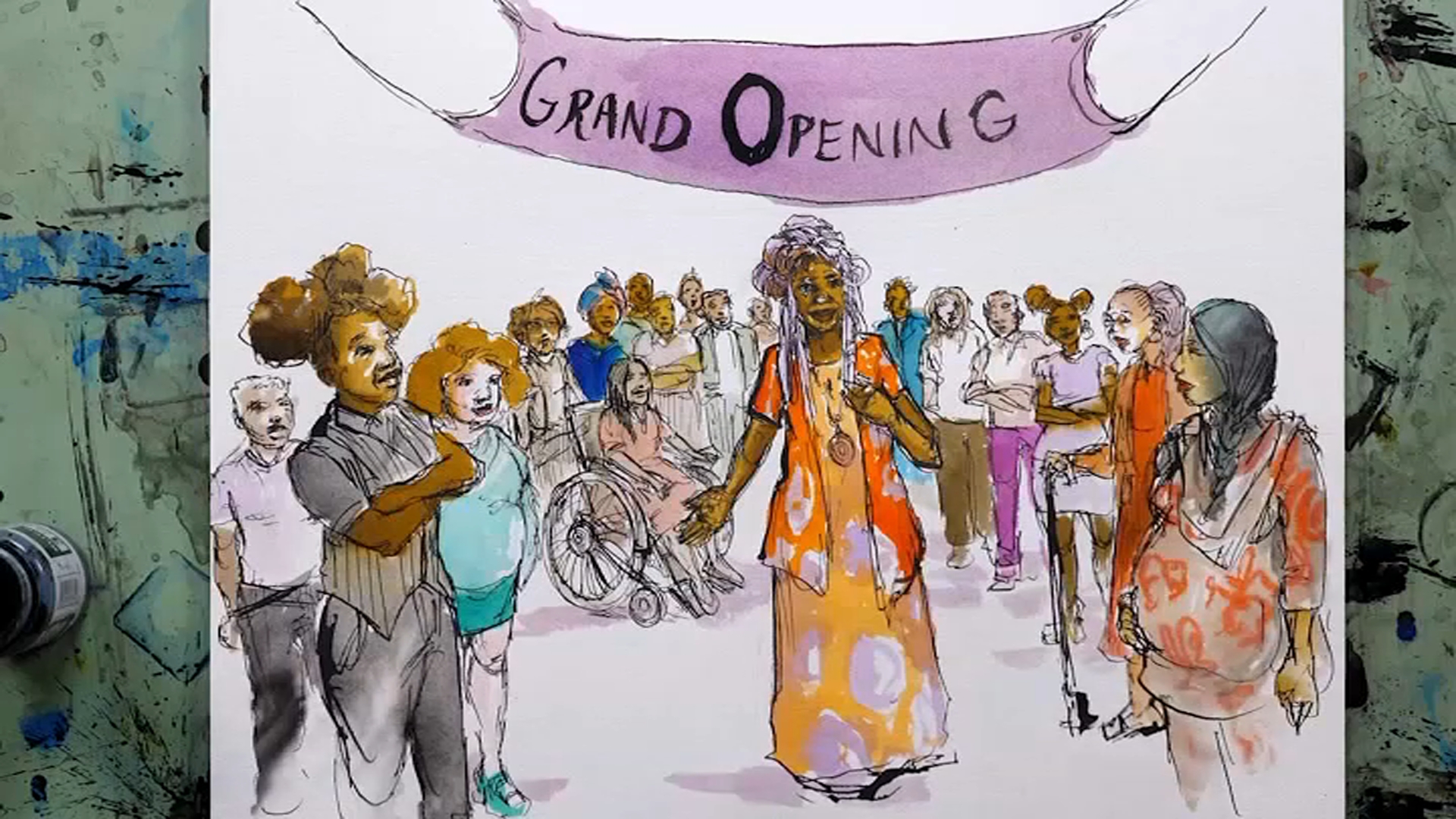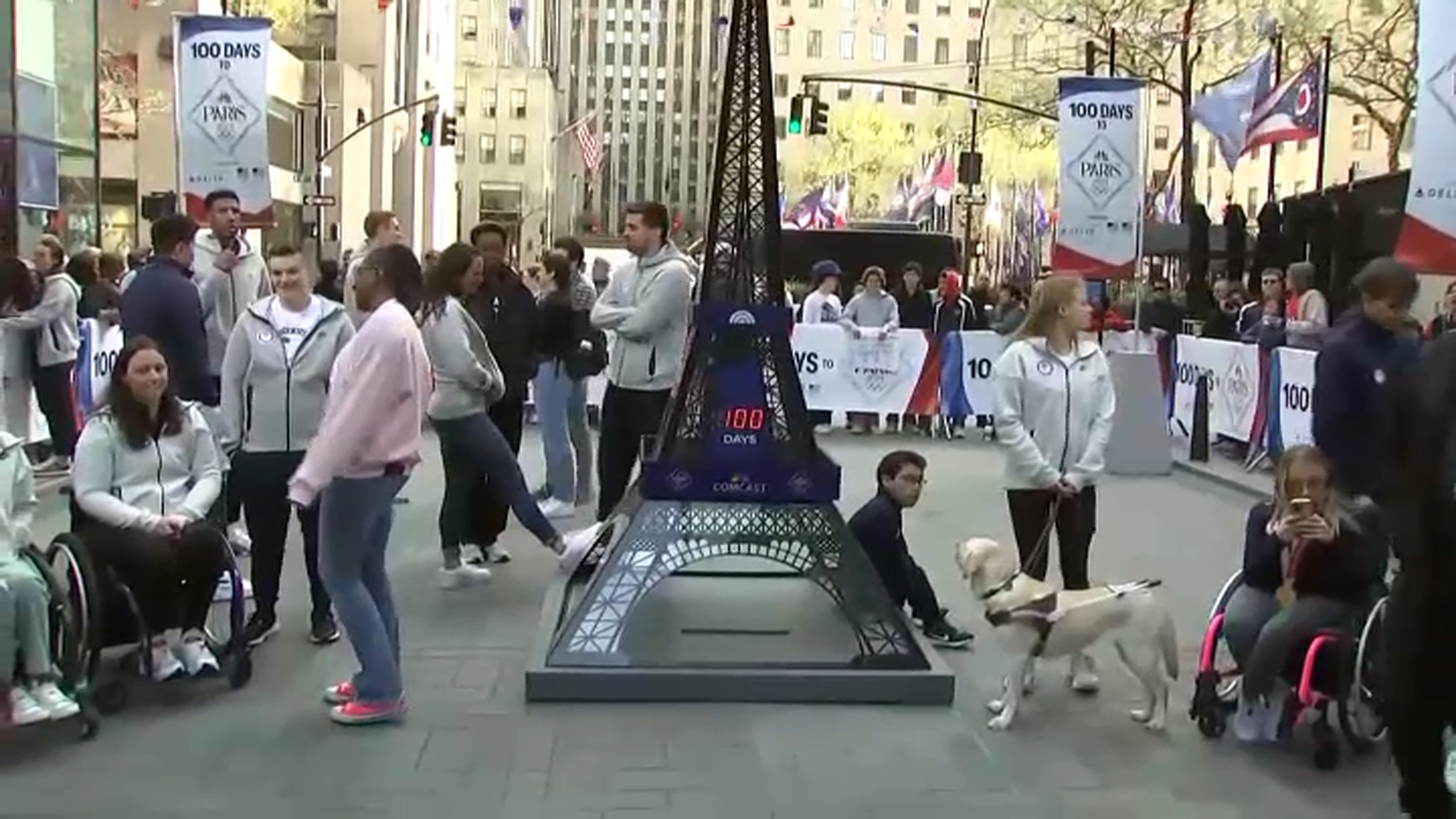As concern grows about the rapid spread of the Delta COVID-19 variant, experts are continuing to urge Americans to get their coronavirus vaccines as a way of staving off a surge in new cases.
According to researchers, the Delta variant is quickly becoming the dominant strain of coronavirus in the United States. Outbreaks have been reported in several states, mostly in areas with low vaccination rates.
Studies have shown that the Delta variant spreads approximately 225% faster than the original strain of the virus. Studies have also shown that once a person catches the Delta variant, they likely become infectious sooner, and that the virus grows more rapidly inside a person’s respiratory tract.
As the Delta variant continues to spread, experts are continuing to push for more Americans to get the COVID vaccine. All three of the vaccines currently authorized under Emergency Use Authorizations by the FDA, including Pfizer, Moderna and Johnson & Johnson, have shown to be largely effective against preventing serious illness and death due to COVID, and all three companies say that their vaccines are showing promise in preventing those outcomes with the Delta variant as well.
Get Boston local news, weather forecasts, lifestyle and entertainment stories to your inbox. Sign up for NBC Boston’s newsletters.
Just how effective are the three different vaccines against the Delta variant? What steps are being taken to ensure the safety and health of those who get the treatments? Here are the latest details.
Pfizer/BioNTech
While studies on the efficacy of vaccines against the Delta variant are limited, one recent study indicated that the Pfizer treatment is 84% effective against the variant after two doses, but only 34% effective after a single dose.
Local
In-depth news coverage of the Greater Boston Area.
Another study, cited by Dr. Anthony Fauci, director of the National Institute of Allergy and Infectious Diseases, suggests that the Pfizer vaccine is approximately 80% effective against preventing infection from Delta, 88% effective at preventing symptomatic disease and 96% effective at preventing hospitalizations caused by the virus.
On Thursday, the company announced that it is developing a COVID-19 booster shot that will target the Delta variant. Clinical trials could begin as soon as August for the drug, pending approvals from health officials.
The company cited research from the Israel Ministry of Health, which suggests that the efficacy of the Pfizer vaccine declines six months after full vaccination.
“These findings are consistent with an ongoing analysis from the companies’ Phase 3 study,” the company said in a press release. “That is why we have said, and we continue to believe that it is likely, based on the totality of the data that we have to date, that a third dose may be needed within 6-to-12 months after full vaccination.”
The company says that a third dose of the same formula used in the two-dose vaccine could potentially preserve the “highest levels” of protection, but are seeking to formulate a new booster shot specifically to address the delta variant.
Moderna
While no specific data has yet been released showing the efficacy of the Moderna vaccine against the Delta variant, company officials say that studies have shown that the vaccine produced “promising protection in a lab setting” against the variant, along with others that are currently circulating.
“As we seek to defeat the pandemic, it is imperative that we are proactive as the virus evolves. We remain committed to studying emerging variants, generating data and sharing it as it becomes available. These new data are encouraging and reinforce our belief that the Moderna COVID-19 Vaccine should remain protective against newly detected variants,” Stéphane Bancel, chief executive officer of Moderna, said in a statement.
Experts suggest that the two-shot Moderna vaccine likely has a similar efficacy rate to the Pfizer treatment, but specific rates are not known at this time.
The company sit is woraid king to develop a booster shot that could specifically target the Delta variant. According to NPR, that booster would be a 50-50 mix of the currently authorized COVID-19 vaccine and another messenger RNA (mRNA) vaccine the company is developing.
Johnson & Johnson
According to a press release earlier this month, the single-shot Johnson & Johnson COVID vaccine provides at least eight months of immunity against coronavirus, and shows “strong, persistent” protection against the Delta variant.
“Today’s newly announced studies reinforce the ability of the Johnson & Johnson COVID-19 vaccine to help protect the health of people globally,” Dr. Paul Stoffels, Vice Chairman of the Executive Committee and Chief Scientific Officer at Johnson & Johnson, said. “We believe that our vaccine offers durable protection against COVID-19 and elicits neutralizing activity against the Delta variant. This adds to the robust body of clinical data supporting our single-shot vaccine’s ability to protect against multiple variants of concern.”
According to a recent report, Dr. Scott Gottlieb, former FDA commissioner, said that the Johnson & Johnson vaccine appears to be approximately 60% effective against the Delta variant.



